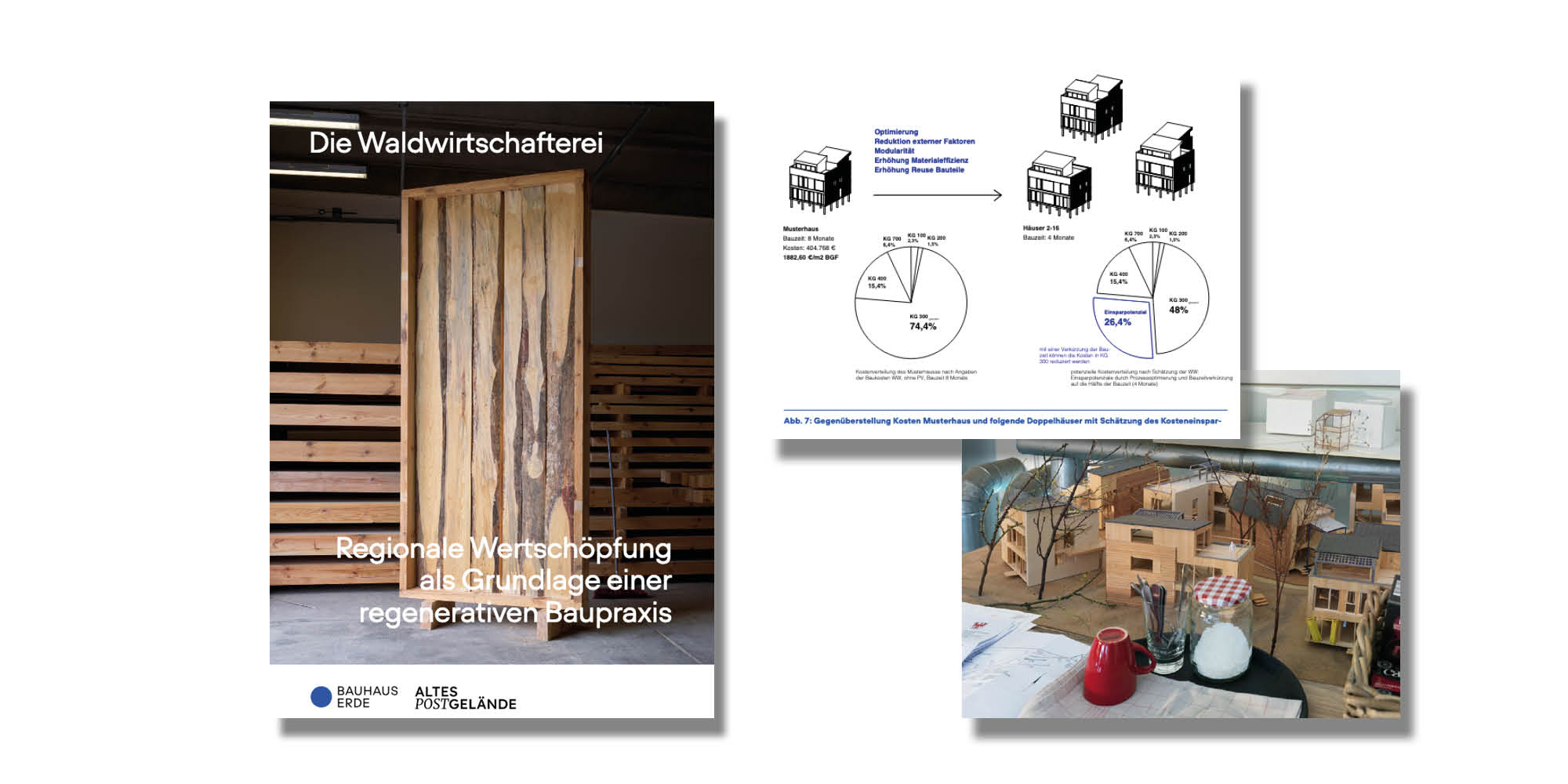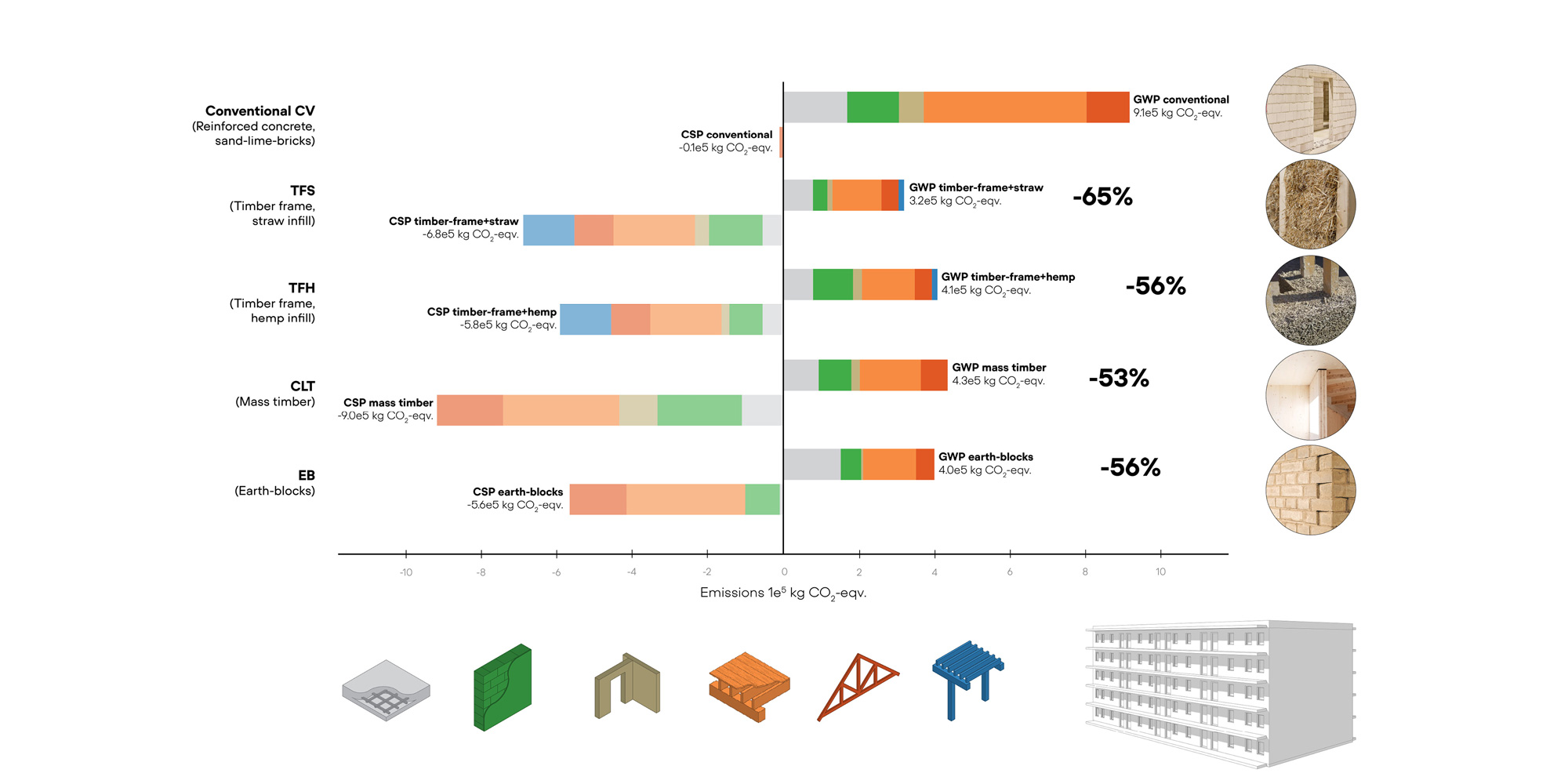
© Barry Christianson
All articles
Transitioning towards a regenerative built environment in Cape Town, South Africa #1
Date
20/3/2024
Read time
0
minutes
Cape Town, South Africa’s second largest city, faces increased vulnerability and significant risks associated with the impacts of climate change. These challenges are compounded by a lack of formal services and infrastructure, safety, mobility, and social and economic equality. In this context, we are exploring how the transition to regenerative building can not only make the built environment more resilient and climate-neutral, but also support local efforts to create a more just city.
In collaboration with the Western Cape Economic Development Partnership (EDP) and the African Centre for Cities (ACC), Bauhaus Earth facilitated a series of workshops with key stakeholders for the built environment in Cape Town and the Western Cape, South Africa, on March 4th and 5th. These first workshops marked the beginning of our long-term local stakeholder engagement process in the region. The event was supported by the Toni Piëch Foundation.
Throughout our engagement in the region, we will gather input from key actors in the bottom-up and grassroots ‘mobilising environment’ as well as the administrative level on the opportunities and constraints of transitioning to a regenerative built environment in Cape Town and the Western Cape.

Incorporating multiple perspectives on regenerative building
During the two-day workshop, we conducted collaborative events involving city and provincial government officials, developers, practitioners, NGOs, and grassroots organisations. Following an introduction to the concept of a regenerative built environment and building practices using international and national examples, the ACC their research on the feasibility of such a transition in the Western Cape region. This was followed by a deep dive into the local context and existing efforts by stakeholders to transform the built environment.
Throughout the workshop, participants had an open dialogue on a possible scenario for transition to a regenerative built environment in Cape Town and the Western Cape. Central to the discussion was the potential of regenerative building for mitigating the effects of climate change. Some key takeaways were a more holistic understanding of the local context and the already ongoing work of stakeholders in driving transformative change in the built environment. This was accompanied by an assessment of the resonance and relevance of their efforts.
Moving forward
It was inspiring for our team to hear the diverse perspectives and innovative solutions shared by stakeholders, which highlight both challenges and successes in addressing pressing environmental and social issues. We will continue to build on our collaborations and partnerships in Cape Town and the Western Cape. We look forward to the next exchange with our partners in May 2024!
Thank you to our partners, the African Centre for Cities and Western Cape Economic Development Partnership, for their invaluable contributions to this endeavour. Together, we remain committed to fostering meaningful dialogue and driving positive change towards a regenerative future.' Special thanks are further extended to all the participants for their contributions and the Toni Piëch Foundation for their funding and support, which allowed to facilitate the engagements in Cape Town between September 2023 and May 2024.
The events were informed by ReBuilt research funded by the German Federal Ministry for the Environment, Nature Conservation, Nuclear Safety and Consumer Protection. The Toni Piëch Foundation supports the stakeholder engagement process and the Changemaker’s Guide.
Press Gallery
Partners

414films%20(3).jpeg)
-web-(c)-414films.jpg)
.jpg)
%20copy.jpg)


.jpg)


